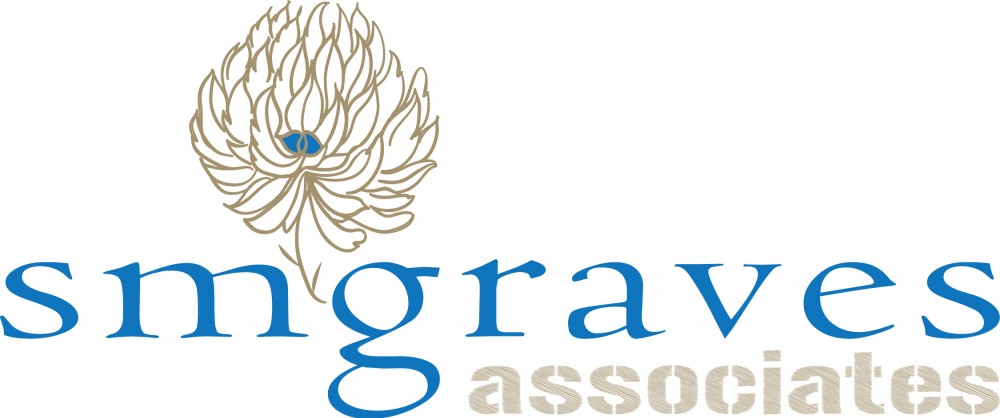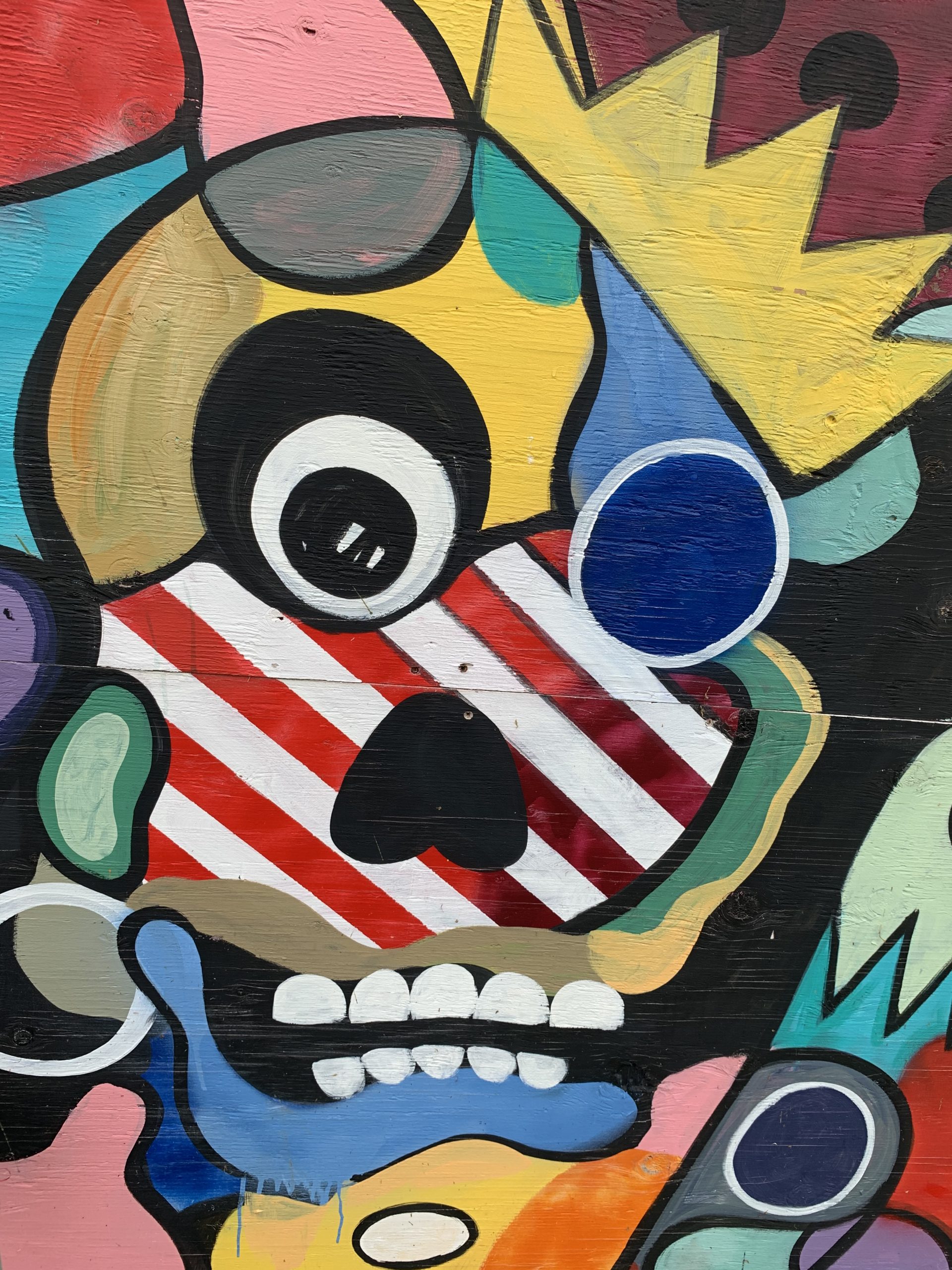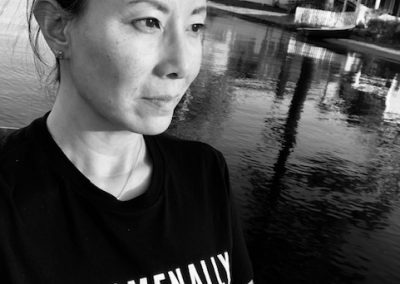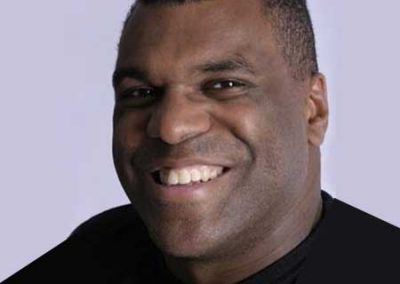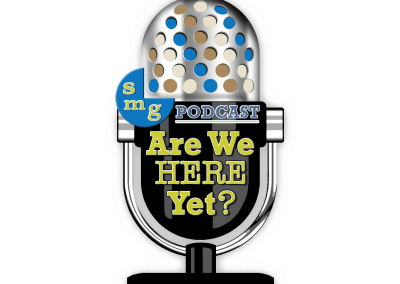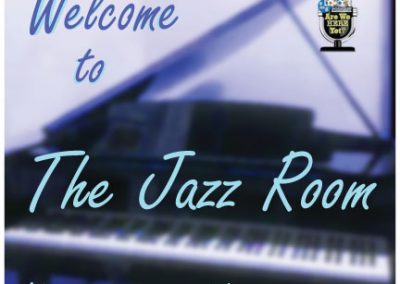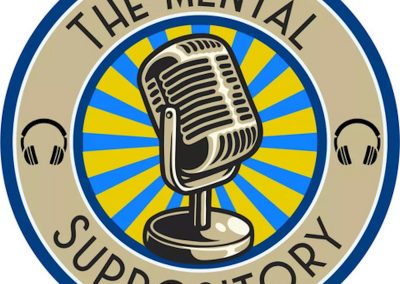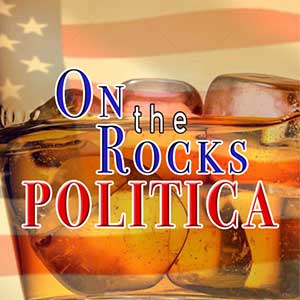What Makes A Great Jazz Poem?

Joshua Michael Stewart is a poet and musician who has had poems published in the Massachusetts Review, Salamander, Plainsongs, Brilliant Corners, and many others.
His books are, Break Every String, (Hedgerow Books, 2016) and, The Bastard Children of Dharma Bums, (Human Error Publishing, 2020).
His albums, Three Meditations, and Ghost in the Room, can be found on Apple Music, Spotify, Amazon, and many other platforms. Visit his web site at www.joshuamichaelstewart.com, or better yet, interact with him at www.facebook.com/joshua.m.stewart.526/.
For this column Joshua will explore poetry, music, and Buddhism, and how they all intersect with each other. He will delve into assorted poetic forms and he will specifically highlight contemporary poets from the New England area, and the poets associated with classical Japanese and Chinese poetry.
WHAT MAKES A GREAT JAZZ POEM
I started studying poetry back in 1997, and I quickly noticed that a lot of contemporary poets have a love affair with jazz, even poets who aren’t usually labeled as jazz poets like Charles Simic and Billy Collins. In fact, it was my love of jazz that turned me on to poetry, not the other way around. The first poems I read were the jazz poems written by the Beats and Langston Hughes.
I once asked poet Doug Anderson if he understood this fascination contemporary poets have with jazz, and he said something along the lines that all poetry, jazz poems or otherwise are like a jazz solo, because when you sit down to write a poem you improvise a line that influences the next line that you improvise, until you have this poem you wouldn’t have written by planning it out. Most poets I know work in this manner, discovering line by line.
Of course, poetry has always had a relationship with music, and it’s not a surprise that free verse poetry was being developed around the same time a new, free improvised music was being played in speakeasies and on wax cylinders.
I love jazz. I love poetry. One would think that jazz poetry would be a no brainer, an instant love for me, but honestly, most jazz poems leave me disappointed. For every jazz poem I fall in love with there are about thirty I could’ve gone through life without reading, but that is true for all types of poems, not just jazz poems. But there seems to be certain traits found within jazz poems that either work for me or don’t. The jazz poems I’m most attracted to are the ones that don’t try to be jazz poems, the ones that don’t try to imitate a Coltrane solo in a mumble of nonsensical words. I understand the concept of using sound and mimicking jazz rhythms through language, and perhaps it works when read, or should I say, performed on stage, but on the page these poems often fall flatly out of tune. Simply put, they don’t do it for me.
This is the same reason why many blues poems fail, the blues poems that read like song lyrics with clichéd images and repetitive lines. Sure, it might’ve worked for Langston Hughes, but that’s because it was a new concept at the time. Blues poems written in this fashion today end up lacking energy and weight, and just end up corny.
I get a sense that many of the authors of these blues/jazz poems try too hard to be hip, and to be hip one mustn’t concern themselves with being hip, thus trying is failing. When reading these poems it seems as if the poet sees themselves as a jazzman wailing in an after-hours club, or fingerpicking a beat-up guitar on a back porch somewhere along the delta. It’s like watching a parent trying to adopt the fashion trends and slang of their teenagers. They might have the material, but their approach is off because it’s absent of authenticity.
I’m guessing many of those who write the poems that are meant to sound like an improvised solo are not musically inclined, or if they are, their knowledge of jazz improvisation is limited. Do they know when to use a Dorian scale, or what to play over C7#9? How would having this musical knowledge change the way one approaches the crafting of a jazz poem? How would this type of knowledge affect the authenticity of the poem?
I tend to shy away from the jazz poems that are more or less just a description of a performance. There are poems like Sascha Feinstein’s Buying Wine, or Dana Gioia’s Bix Beiderbecke (1903-1931), which start off with a performance, but move in a different direction, and explore a bit further into the human condition that I think are fantastic poems. However, in many of the jazz-concert poems the poet never goes beyond the description of an energetic performance and the excitement of the audience. There are many jazz poems that explore topics such as racism, poverty, addiction, love, and death, but I find many themes of jazz poems are tame, trivial, or simply don’t reach a depth of meaningful exploration.
Bix Beiderbecke (1903-1931)
January, 1926
China Boy. Lazy Daddy. Cryin’ All Day.
He dreamed he played the notes so slowly that
they hovered in the air above the crowd
and shimmered like a neon sign. But no,
the club stayed dark, trays clattered in the kitchen,
people drank and went on talking. He watched
the smoke drift from a woman’s cigarette
and slowly circle up across the room
until the ceiling fan blades chopped it up.
A face, a young girl’s face, looked up at him,
the stupid face of small-town innocence.
He smiled her way and wondered who she was.
He looked again and saw the face was his.
He woke up then. His head still hurt from drinking,
Jimmy was driving. Tram was still asleep.
Where were they anyway? Near Davenport?
There was no distance in these open fields—
only time, time marked by a farmhouse
or a barn, a tin-topped silo or a tree,
some momentary silhouette against
the endless, empty fields of snow.
He lit a cigarette and closed his eyes.
The best years of his life! The Boring Twenties.
He watched the morning break across the snow.
Would heaven be as white as Iowa?
—Dana Gioia
With that said, there are jazz poems that use jazz as a jumping off point to speak of something larger related to the collected desires and fears of experiencing this world like Billy Collins’ Nightclub, or pay homage to jazz musicians for being human, and not gods like William Matthews’ Bud Powell, Paris, 1959.
The best jazz poems bring in a little of the natural world. Jazz and snow seem to go well together. Thelonious Monk specifically seems to go well with snow. The first line in Yusef Komunyakaa’s poem, Elegy for Thelonious, is: “Damn the snow,” and Billy Collins has a poem about Monk which is titled: Snow.
Snow
I cannot help noticing this slow Monk solo
seems to go somehow
with the snow that is coming down this morning,
how the notes and spaces accompany
its easy falling
on the geometry of the ground,
on the flagstone path,
the slanted roof,
and the angles of the split rail fence
as if he had imagined a winter scene
as he sat at the piano
late one night at the Five Spot playing
“Ruby My Dear.”
Then again, it’s the kind of song
that would go easily with rain
or a tumult of leaves,
and for that matter it’s a snow
that could attend
an adagio for strings,
the best of the Ronettes,
or George Thorogood and the Destroyers.
It falls so indifferently
into the spacious white parlor of the world,
if I were sitting here reading
in silence,
reading the morning paper
or reading Being and Nothingness,
not even letting the spoon
touch the inside of the cup,
I have a feeling
the snow would even go perfectly with that.
—Billy Collins
Some critics argue that the jazz poems I most enjoy are not jazz poems per se, but jazz-related poems, because they do not imitate the sound or rhythms of jazz. Well, if that’s the case then so be it. In order for a poem to maintain my attention for longer than one read-through, it has to move beyond syncopation and playing with sound. It must connect with the human condition on a higher emotional level. I think many jazz poems fail at this completely, or that connection is overshadowed by poetry written in traditional forms. I simply can’t get past the end rhymes, or the damn sing-song, TA-DA, TA-DA, TA-DA, to take them serious enough to connect with them on a higher level.
These are just my opinions of course, and I’m sure there are others who will argue against these opinions. What I will also state is that I believe art is art, and there is no wrong way to do it. Even if there are jazz poems or blues poems that in the end do not move me, I can still appreciate and learn from the artistry of the poet and respect the innovations and experimentalism of those poets.
If you are interested in exploring jazz and blues poems the best place to start is The Jazz Anthology, Edited by Sascha Feinstein and Yusef Komunyakaa. These two great poets also edited a second volume to this anthology called The Second Set. There are also Jazz poems, and Blues Poems, two anthologies edited by Kevin Young, for the Everyman’s Library Pocket Poets Series. There is the literary journal, Brilliant Corners, also edited by Sascha Feinstein, that is dedicated specifically to jazz literature. All of these can be found at Amazon and other locations.
There are many other books I could list, but these are a good foundation to get started with your own exploration. To end, I’d like to leave you with one of my own poems that was originally published in Brilliant Corners.
It Never Entered My Mind
I didn’t know the words or if there were words
Miles Davis’ 1954 version being the first I heard
just a kid living in New England woods
at the end of the 20th century with jazz
as exotic and adventurous
as Mongolia Tangier or Everest
I stocked shelves
at the grocery store and each night walked
a two-lane highway to get home
the perfect timing of song
metronomed its way into my teenage loneliness
smack-dab in knee-high winter
Horace Silver rolled arpeggios
clouds drifted across a white moon
Art Blakey brush-tapped cymbals
wind-whoosh through leafless oaks
Davis’ three-note phrases
the few and far in-between streetlights
once I found a dead raccoon
side of the road and because of a guardrail
and steep embankment sliding into marsh
the semis rumbling and blaring
I had no choice but to step over its mouth
twist-frozen in agony its one forearm raised
as if requesting my hand and for weeks
the melody of its body unraveled
until it became an unrecognizable tune
were there kits waiting for its return
or were no creatures sleepless without it
all these years I’ve carried that life
I don’t know the words of if there are words
to this kinship I’ve composed
but know its haunting key
and like Miles’ trumpet solo
I hum it note for note
when I need its company
—Joshua Michael Stewart
Also from M the Media Project
Trenda Loftin
Chap Hop! &has Electro-swing
From Newport Jazz Festival
News Features
From Newport Jazz Festival
On Being a White Jerk
Playing, Praying & Tailgating
Wanting More than Rural Charm
Video Channels
Mental Suppository Podcast
On the Rocks Politica
SMG’s ‘Are We Here Yet’?
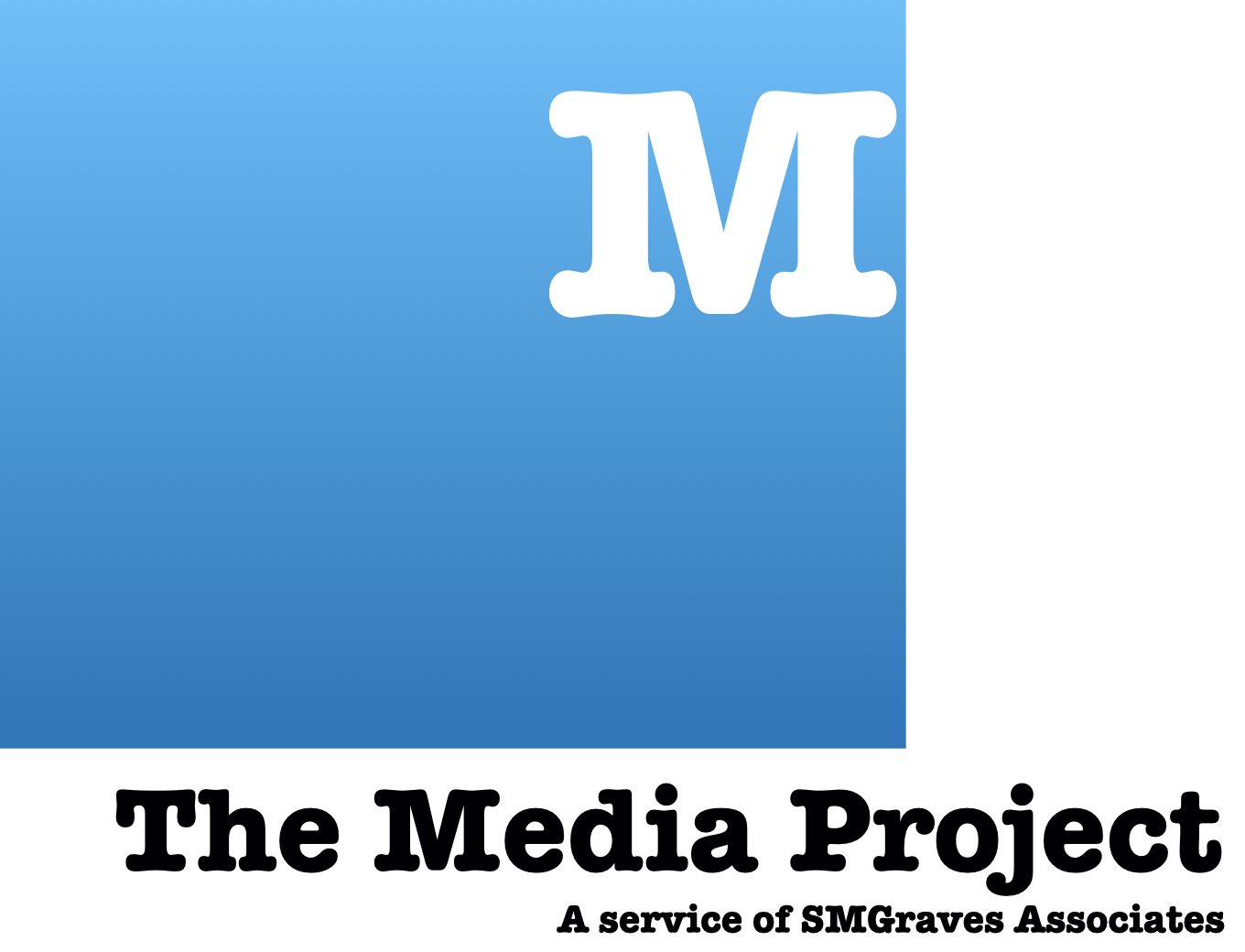
Interested in advertising with us? Perhaps you want a unique way to support the economic development work we accomplish while getting access to our intelligent and informed listeners? Join our roster of supporters. Click that button below to find out more.
